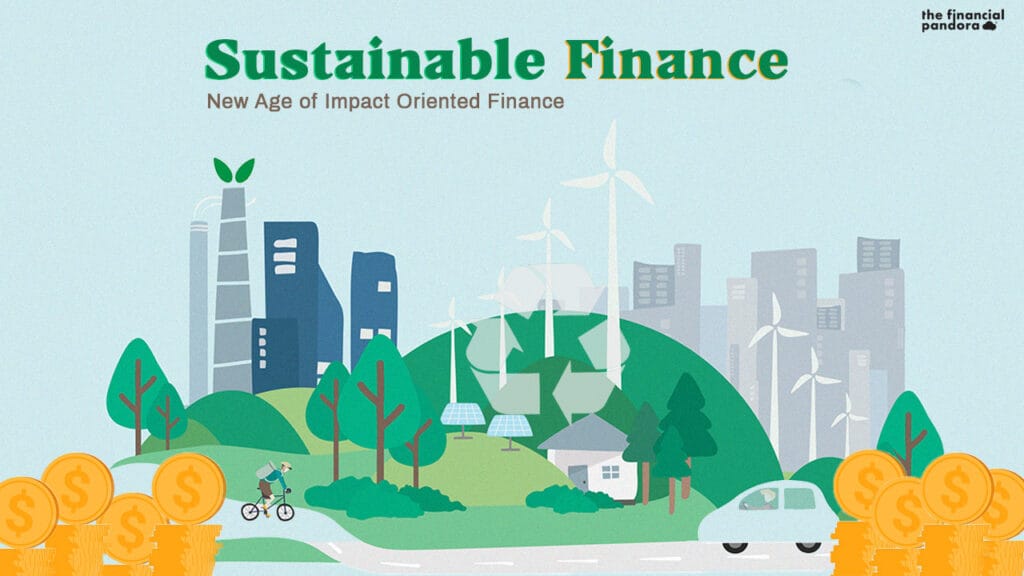In recent years, sustainable finance has gained prominence as a tool to address the global climate crisis. It integrates environmental, social, and governance (ESG) factors into financial decisions, encouraging investments in green technologies, renewable energy, and environmentally conscious projects.
Why Sustainable Finance Matters
- Funding Renewable Energy: Investments in solar, wind, and hydropower reduce fossil fuel dependency.
- Green Bonds: Governments and corporations fund sustainable initiatives through green bonds.
- Corporate Accountability: ESG metrics promote responsible and transparent corporate practices.
Key Trends in 2024
- Carbon Offsetting: Carbon credits are encouraging companies to adopt greener practices.
- Sustainable Development Goals (SDGs): Financial institutions are aligning strategies with the UN SDGs.
- Blockchain Technology: Ensures transparency in ESG investments.
Expert Opinion
John Matthews, a leading economist, notes: “Sustainable finance is key to addressing climate challenges. It ensures innovation while building a greener future.”
How You Can Contribute
- Green Funds: Invest in funds focusing on eco-friendly solutions.
- Ethical Banking: Choose banks that prioritize sustainable projects.
- Support ESG Companies: Purchase products from environmentally responsible brands.
Read More – Mortgage Refinancing Made Easy: Tips for Success
FAQs
1. What is sustainable finance?
It is an approach to finance that incorporates ESG factors to promote long-term environmental and social goals.
2. What are examples of sustainable finance?
Green bonds, carbon credits, and renewable energy investments are prominent examples.
3. Why is ESG important in finance?
ESG ensures businesses remain accountable, promoting transparency and sustainability in financial practices.
Sources
- United Nations Sustainable Development Goals (UN SDGs)
- World Bank on Green Bonds
- Global Carbon Offset Initiative
